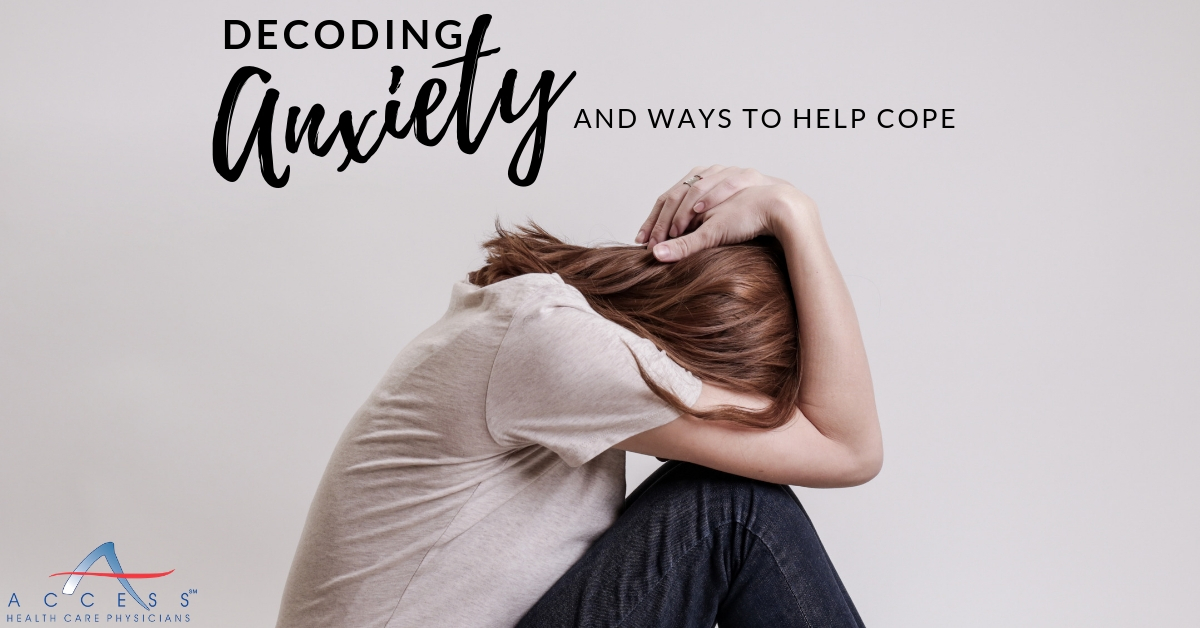Each one of us has experienced panic and anxiety at least once in our lifetime. While an occasional bout stemming from a temporary stressful circumstance is quite reasonable, prolonged anxiety that initiates severe responses could indicate a psychological condition that needs attention. Here is the lowdown on anxiety and suggestions to handle it better.
Anxiety is a natural reaction that sets during a dangerous situation that your body perceives as a ‘fight or flight’ response. As you prepare to take one of the two routes, i.e., standing your ground and fighting the danger or taking flight - your heart starts to beat faster, pumping more blood to muscles, breathing becomes more rapid, and you go into a general state of high alert. All of these reactions are vital when you are in peril. However, when the body begins to react like this even when there is no danger, you end up exhibiting extreme reactions on a regular basis. Here are a few common types of psychological conditions that cause constant anxiety:
-
Phobias – An unexplainable terror associated with a specific object or living being that causes the body to go into emotional overdrive.
-
General Anxiety – Worrying all day long about many minor issues for more than six months is referred to as General Anxiety Disorder.
-
Social Phobia – A condition that assails those who are awkward and uncomfortable in public. Such people find it stressful to even be in a room full of people.
-
Post-Traumatic Stress Disorder (PTSD) – Having witnessed a disturbing incident like a war or an accident can usually trigger PTSD which involves having nightmares, and being irritable and depressed.
General Anxiety that lasts for a length of time can take a toll on a patient’s health. Being stressed all the time means that your body is continuously producing the stress-related hormone known as cortisol. The presence of large amounts of cortisol can lead to hypertension, kidney, heart and reproductive system disorders.
It is possible to stop yourself from spiraling down the General Anxiety alley by adopting some of the suggestions mentioned below:
-
Avoid Caffeine – It is a well-known fact that excessive consumption of caffeine can make a person nervous. Too much caffeine can trigger depression and general anxiety in the long run.
-
Exercise Every Day – Exercising is not just great for your body but also very therapeutic for your mind. The adrenaline that is produced by the body due to physical workout can often chase away any anxiety blues that you are battling.
-
Practice Meditation and Mindfulness – Yogic breathing exercises, tai chi, and other similar activities can help you achieve a calmer inner self that is more resistant to anxiety.
-
Consult a Specialist – Specialists in psychological illnesses can help by prescribing medications that prevent excessive anxiety as well as recommending methods like behavioral therapy to beat stress.
If you find yourself panicking several times a day over things that are not so scary, then you must consider speaking to a specialist and including the suggestions mentioned above in your life.


